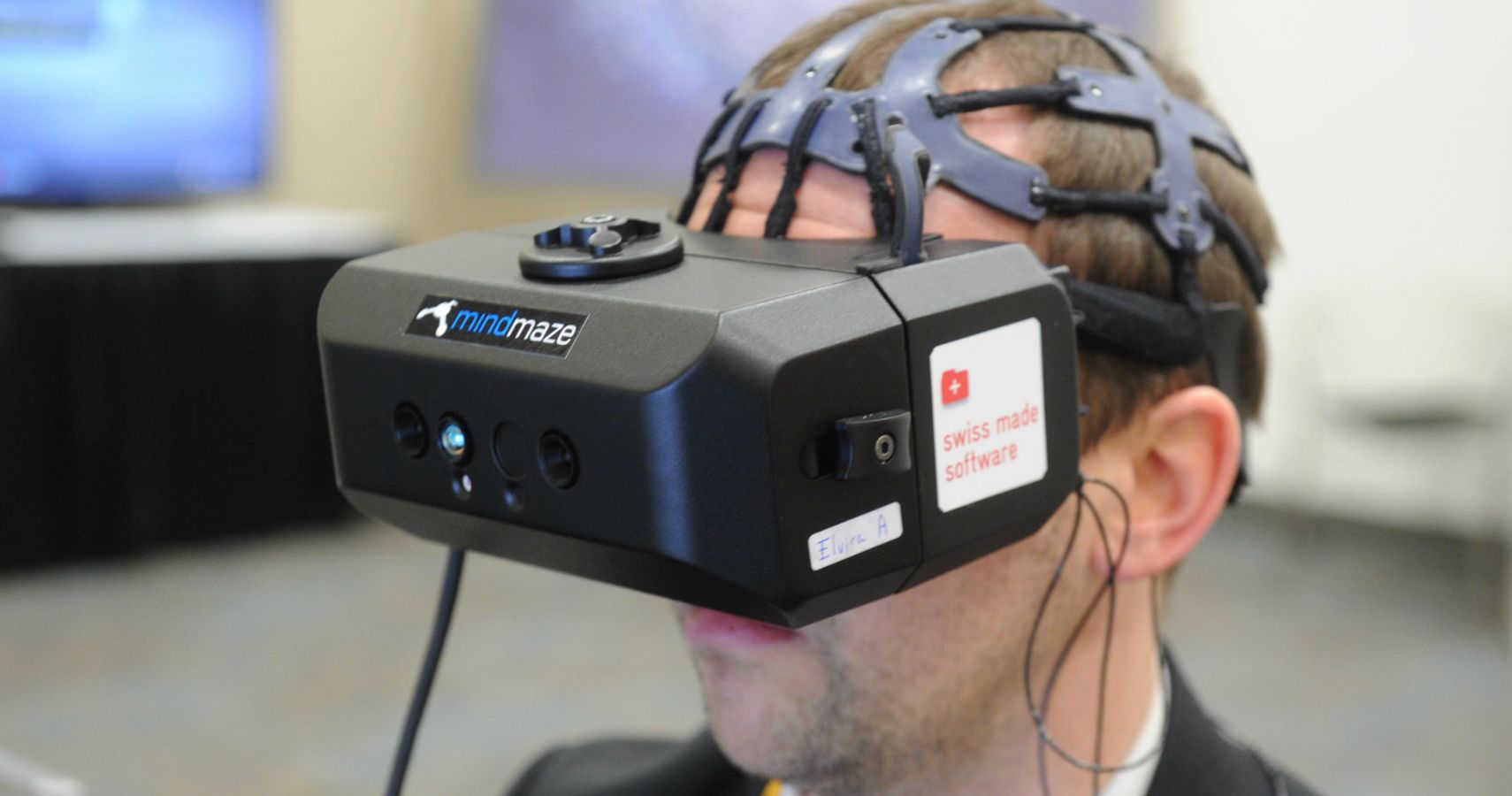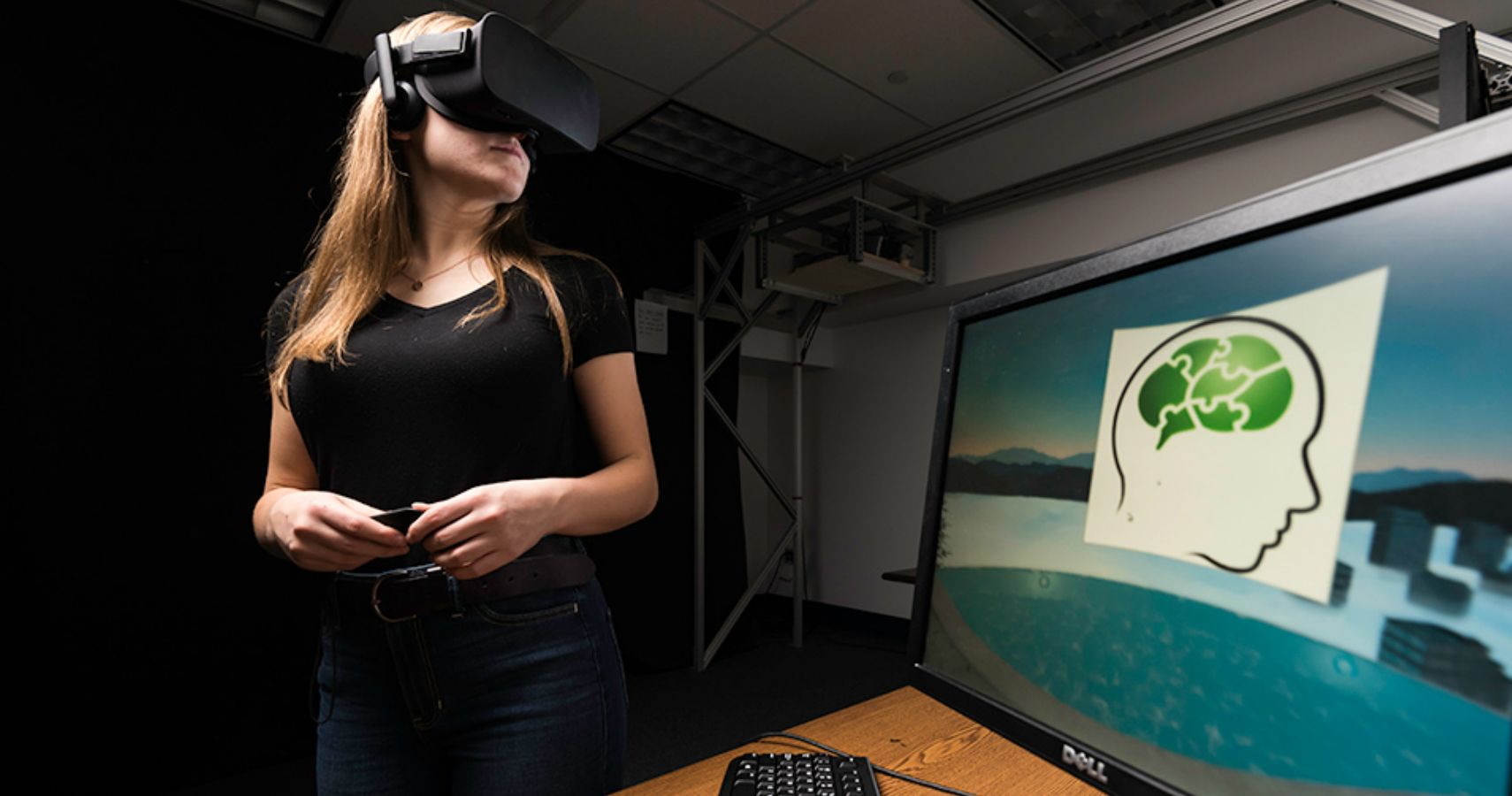An academic article published in August this year suggests that virtual reality technology could help in rehabilitation for people with traumatic brain injury. With the VR industry gaining ever more power with each passing year, it's not surprising that it would take a venture into the realm of health sciences and therapy.
The idea that video games provide nothing more than idle distractions with which one wastes away one's life is (thankfully) becoming more outdated. Of course, anything in excess is bound to be problematic for one's health, so living an entirely sedentary life in front of the console is never going to be a good idea. But in fact, video games - and VR - are becoming increasingly more recognized for their potential in contexts of learning, therapy, and rehabilitation.
Traumatic Brain Injury: A Problem In Need Of Solving
Traumatic brain injury - or TBI for short - is a serious problem, all over the world. However, as of this year in the US alone, there are about 5 million people living with disabilities caused by TBI. That's of course excluding the families impacted by each one of those individual people. Another frightening statistic is that around $48-56 billion is spent annually on direct and indirect costs related to TBI.
TBI can be the result of stroke, a blow to the head, or some similar injury. The long-term consequences of TBI depends on how bad the injury is, its location in the brain, as well as what kind of therapy is administered. Generally speaking, though, TBI often has long-lasting negative effects on cognitive functions like memory, attention, and executive functions (e.g. planning and monitoring one's emotions). This will often be accompanied by physical deficits related to movement, and mood-related problems like depression.
VR: A Potential Solution (Emphasis On Potential).
Right off the bat, it should be emphasized that any evidence for the helpfulness of VR in the context of TBI treatment is far from being conclusive...for now. Unfortunately, as with any health- or science-related endeavor, more research must be conducted before anything can be confirmed and put out into the world for commercial use. However, there's certainly still enough here to get excited over.
A study published a few months ago puts the current state of affairs into perspective. There's quite a lot of information to sift through but in essence, there is good reason to believe VR is a brilliant (and, importantly, fun) tool with a lot of potential as a therapeutic tool in rehabilitation for TBI cases ranging from moderate to severe.
Memory & Midtown Madness
As mentioned, memory is a commonly-affected skill in TBI cases, along with attention, many motor functions, task planning, and so on. Studies such as this one from 2010 present results that suggest improvements in visual-spatial memory learning post-TBI after a series of repeated sessions playing Midtown Madness 2 in VR. Considering this was a decade ago, one has to wonder at the potential that our current, more advanced and immersive VR technology could offer.
This Will Catch Your Attention
Attention and executive function improvements have also been observed in people with TBI after multiple VR sessions, in a number of studies.
The problem evident in many VR-TBI studies is the tiny number of participants included. Literally, they only looked at one guy in the Midtown Madness study - hardly generalizable. Realistically, though, it can be difficult to get ahold of a decent sample size in research. Combined with the high cost of VR gear, this has posed a problem for those interested in studying this particular topic.
Retrospective Perspective
Interestingly, the idea of using VR in this context dates back to the late 90s, although of course their version of VR was incredibly rudimentary and hardly what we consider it to be these days. VR as it is now would have seemed like a pipe-dream back then (something that was destined to be no more than a fantasy exclusive to The Sims). So, with that same logic we can expect to be at an entirely different level this time in 20 years, that seems unimaginable now. This is only just the beginning.
Source: ScienceDirect




